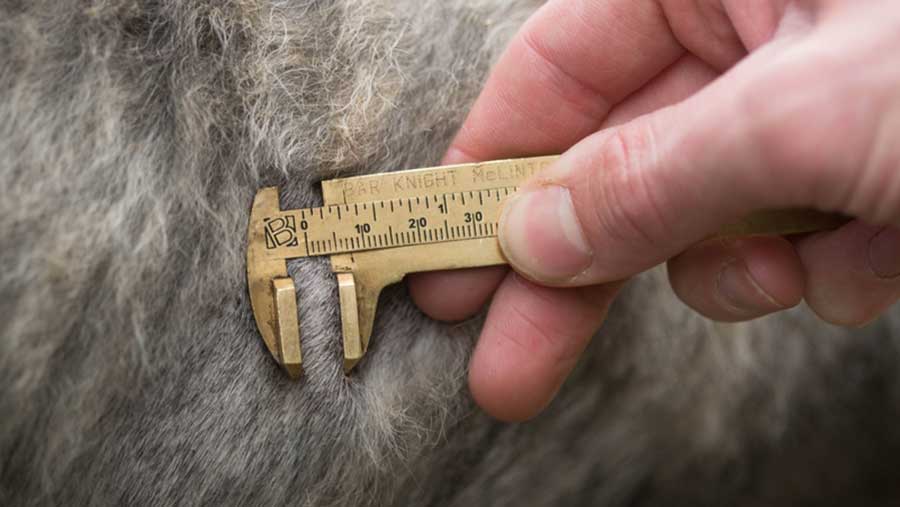Defra plans tighter TB cattle controls in edge-area counties
 © Tim Scrivener
© Tim Scrivener Defra is pressing on with plans to extend six-monthly TB testing regimes in “edge-area” counties in England, it has emerged.
Six-monthly whole herd testing was introduced in the edge-area county of Cheshire in January 2015 and it replaced radial testing.
Defra says this has contributed to stopping cattle-to-cattle and cattle-to-badger TB transmission by spotting infected cattle sooner.
See also: More effort needed to combat TB, says Defra
Last August, Defra consulted on proposals to extend six-monthly testing to other edge-area counties, including Warwickshire, Oxfordshire, west Berkshire, north-west Hampshire and west Derbyshire.
Radial testing in the Edge Area is limited to a part of Derbyshire and there is no proposal to introduce six-monthly testing in that part of the county, or in any part of the low-risk area of England, where radial testing around confirmed TB outbreaks is the norm.
However, Farmers Weekly understands that Defra wants to introduce six-monthly testing in more edge-area counties. Decisions will be made on a county-by-county basis, involving farming organisations.
Cull extension
Ministers are said to be keen to introduce more rigorous TB controls alongside extending the badger culls to 10 more areas this summer. But an industry source close to Defra said farmers would be concerned that these controls will be “political, rather than science-based”.
In addition, Defra plans to expand the use of interferon gamma testing in TB breakdown herds (alongside skin testing) in high-risk areas.
Warwickshire beef farmer Adam Quinney said six-monthly testing regimes in more counties would be “quite a major step” for cattle farmers to deal with.
He added: “Farmers caught up in 3km radials following TB outbreaks on neighbouring farms could say: ‘these animals were tested three months ago. Do they still need to be tested?’”
Mr Quinney, who is chair of AHDB Beef & Lamb, also encouraged farmers who buy in stock to invest in approved finishing units (AFUs), to place animals in a controlled biosecurity environment.
Cattle farmers ‘must act responsibly’
But Cheshire dairy farmer Phil Latham said he fully supported plans for more frequent TB testing intervals.
“In my opinion, we need all the measures we can get to eradicate TB, including tackling the disease in wildlife.
“However, we also need better farmer behaviour. We must still do our bit, which means more surveillance, getting rid of IRs (inconclusive reactors) because they are risky and eating them rather than putting them in someone else’s milking herd.
“Cattle farmers also need to have a sense of responsibility towards each other.”
A Defra spokesman said: “England has the highest incidence of bovine TB in Europe and it is vital that we pursue our comprehensive strategy to beat the disease and protect the livelihoods of our dairy and beef farmers.
“This includes one of the most rigorous surveillance programmes for TB in cattle herds in the world, which means we can find the disease earlier and deal with it more robustly to stop the spread into new areas.
“Our strategy is delivering results – England will apply for Officially TB-Free status for half the country in 2017, two years ahead of schedule. This will enhance trade opportunities and mean some herds require less regular TB testing, reducing costs for farmers.”
